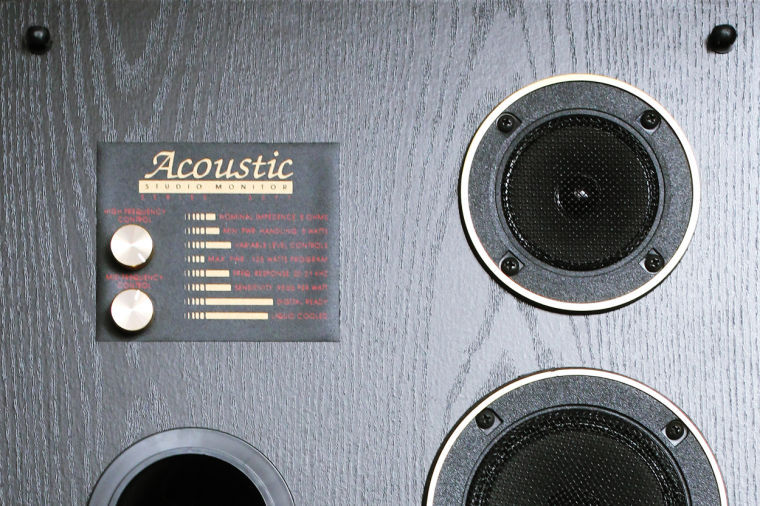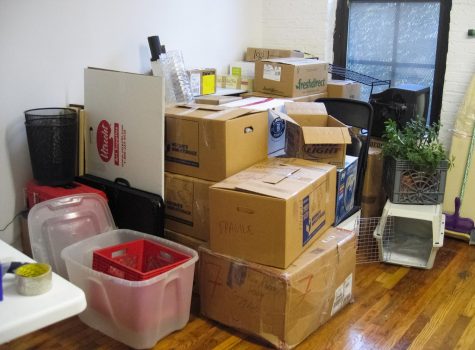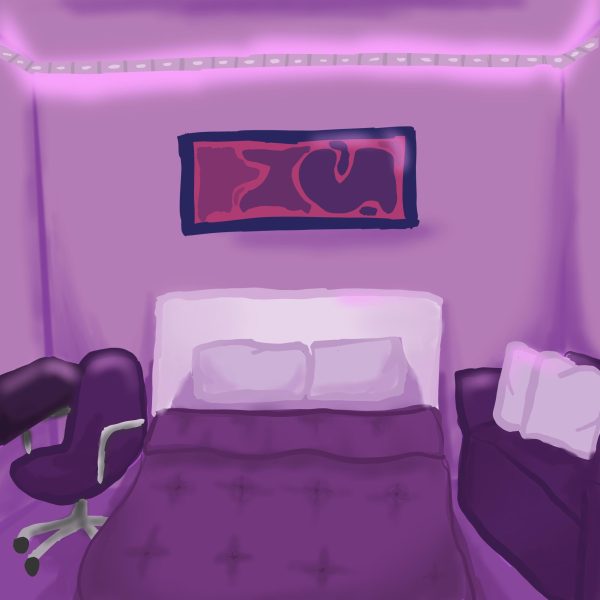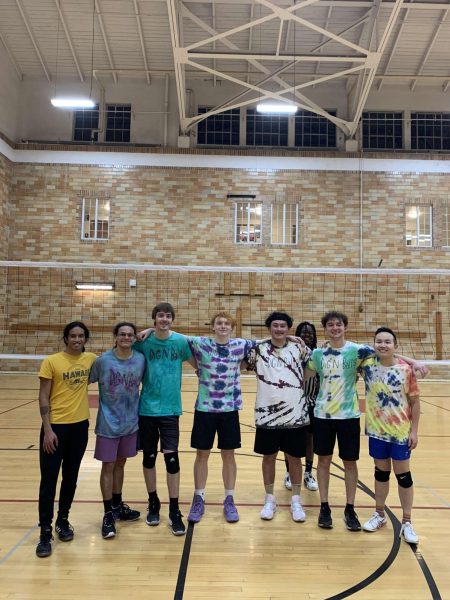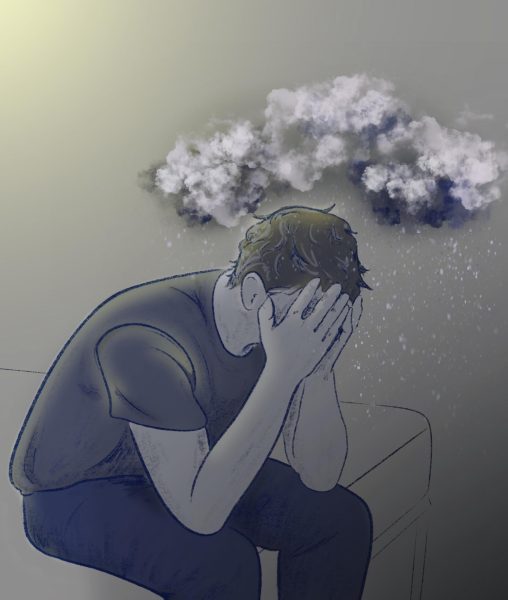Lost in the Dream
April 4, 2014
If Bob Dylan were to record an album in space it would sound a whole lot like The War on Drugs’ third release, “Lost in the Dream.”
With a massive amount of synth, static and a steady chug-like rhythm, “Under the Pressure” opens and sums up the whole album. At roughly 9 minutes, this track will have you literally losing yourself to daydreams.
Rich with ambient waves and electric guitar distortion, the last half of this leading track may as well be a meditation, which is ironic because it is an extremely docile song that is full of angst and anxiety.
Following immediately after is “Red Eyes.” As opposed to the calmness of the intro, “Red Eyes” is a bit more upbeat. However, the dream-like qualities are still artfully maintained with the vocals almost intangible, echo-y and far-off.
“Suffering” begins slow and steady, almost like that last slow song at high school prom. At two minutes and 50 seconds, piano chords break out and the lyrics paint a beautifully melancholic picture that adds more emotion to the already moody album.
There is tension, sadness, anxiety, and angst amid the sounds, feels and lyrics. When pairing these emotions with lengthy Zen-like instrumentals, it is the perfect album to reflect on life and cry your heart out.
The supreme beauty of “Lost in the Dream” is the irony of it all. Despite the sometimes melodramatic-ness of this record, vocalist Adam Granduciel somehow manages to channel Tom Petty and Bob Dylan throughout the entire thing creating a folky, eclectic and ethereal experience.
Granduciel asks the question “I’m in my finest hour/Can I be more than just a fool?” in “An Ocean in Between the Waves.” It’s as if he’s asking the question that every broken person has always thought. Doubt plagues this song as he is both discovering and hating himself at the same time. “How can I be free? Just wanna lay in the moonlight,” he continues to sing.
“Lost in The Dream,” the ninth track bearing the same title as the album begins, and honestly Dylan might as well have sang it, folky drums, harmonica and all.
For a one minute and 50 seconds portion the final track, “In Reverse,” echoes ambient instrumental tones that evoke love, loss and heartbreak. Slowly, Granduciel’s vocals come in singing slowly and sporadically.
“In Reverse,” the breakup ballad that the rest of the album has been leading up to, is an obvious portrayal of hurt that Granduciel has personally gone through. He sings, “Sometimes I wait for the cold wind to blow as I struggle with myself right now as I let the darkness in.”
This album as a whole is a narrative inner struggle and perfectly reveals feelings in ways that have not been done before. “Lost in the Dream” is an honest look into the heart of a hurting man, which is both breathtaking and heartbreaking.


